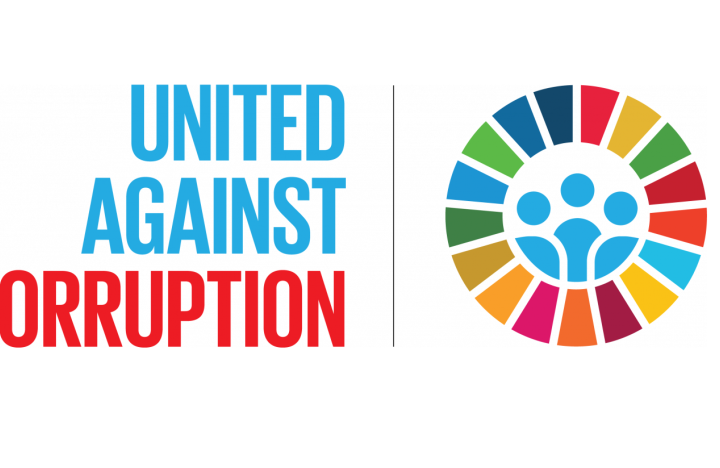
Corruption is a complex social, political and economic phenomenon that affects all countries. Corruption undermines democratic institutions, slows economic development and contributes to governmental instability.
Corruption attacks the foundation of democratic institutions by distorting electoral processes, perverting the rule of law and creating bureaucratic quagmires whose only reason for existing is the soliciting of bribes. Economic development is stunted because foreign direct investment is discouraged and small businesses within the country often find it impossible to overcome the "start-up costs" required because of corruption.
Learn more about the background, messages and resources on International Anti-Corruption Day here>>
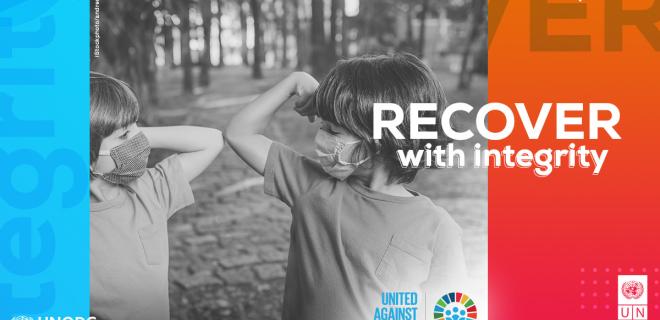
RECOVER with INTEGRITY: Countries disburse billions to help the most vulnerable and those hit hardest by the pandemic. Corruption drains public resources and undermines governments’ ability to serve public interests and provide socio-economic support for citizens and businesses in distress.
Embezzlement, bribes and price gouging in several essential sectors, but most prominently in the health sector, are only a few examples of corruption in the current pandemic.
Many countries adopt a “pay now, check later” approach in providing support grants to businesses impacted by COVID-19. This, however, can lead to the abuse of emergency business grants by established companies that are not legally entitled to them; the creation of fake companies to take advantage of the current situation; or organized criminal groups impersonating companies in need.
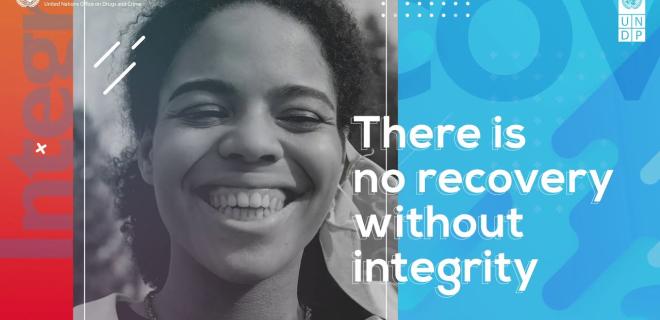
To RECOVER with INTEGRITY support must reach those most in need. Responses must be anchored in law and be implemented by strong public institutions, with the involvement and under the oversight of members of parliament, anti-corruption bodies, civil society and the private sector.
With lives and livelihoods on the line, transparency and accountability in response and recovery strategies are vital. Corruption is criminal, immoral and the ultimate betrayal of public trust.
World Bank Group: The Fight Against Corruption
United Nations Development Business works with its partners to reinforce anti-corruption initiatives and promote their message in fight against corruption. Refer to the following set of activities, reports, and policies initiated by the World Bank for the International Anti-Corruption Day on 9 December 2020.
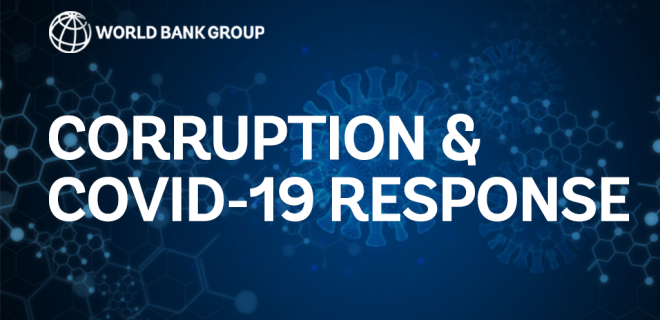
Governments around the world are taking rapid measures to address the COVID-19 pandemic. In providing emergency financial assistance, the World Bank remains committed to maintaining strong fiduciary standards for operations. Learn more.
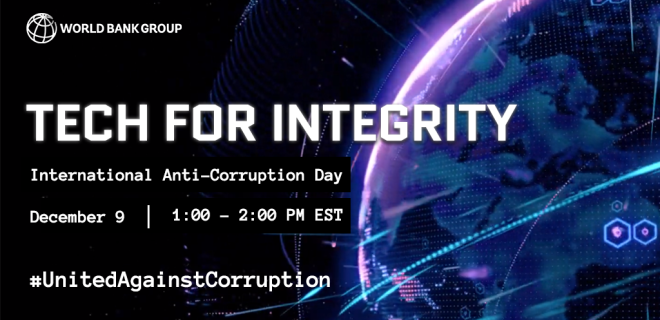
On 9 December, join a panel of experts for a session that will focus on global tech firms’ innovative tools, solutions and approaches to anticorruption efforts, and explore how they can help control corruption risks. Attend the live event here.
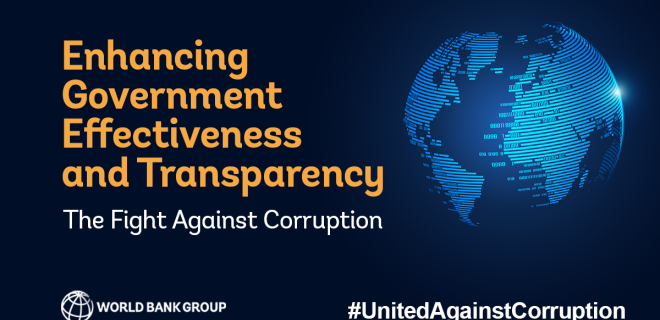
Corruption continues to be a serious impediment to progress and fairness in many countries but there are things that can be done about it and, yes, in many countries, this is making a difference. Read more.
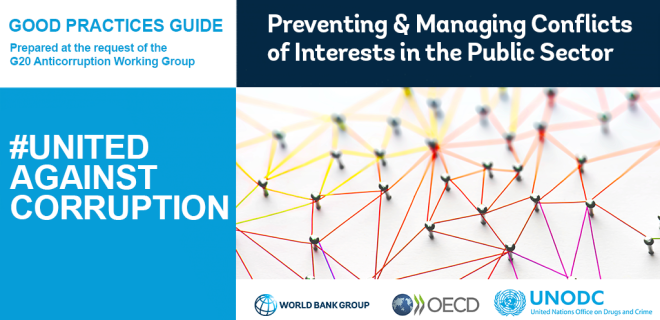
A resource for policymakers, practitioners and civil society in strengthening conflict of interest regulations and systems illustrating experiences and good practices in managing and preventing conflicts of interest from countries in the G20 and beyond. Download the report.
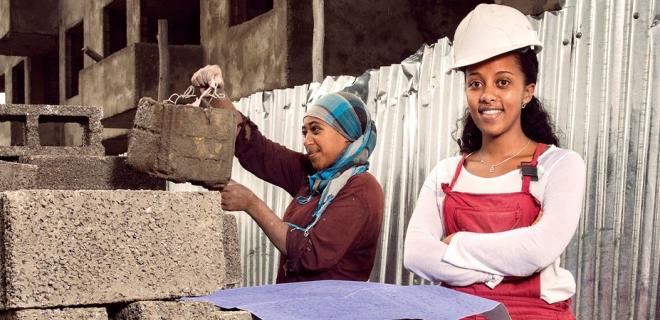
Read “Fighting corruption through Open Government Initiatives.” There is increasing evidence that suggests that openness can make a difference in reducing corruption when other enabling factors are present. By changing the current ecosystem, reformers may be able to improve outcomes.
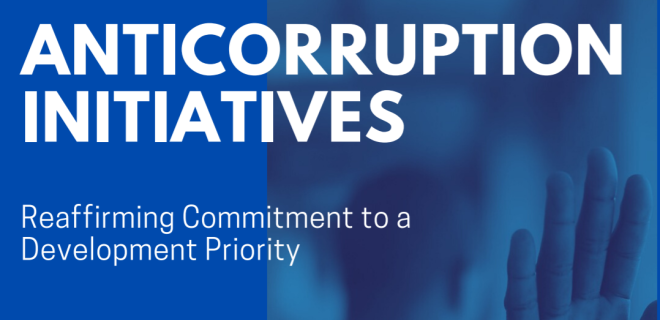
Learn about the World Bank’s report on “Anticorruption Initiatives: Reaffirming Commitment to a Development Priority.” The initiatives refresh approaches that are showing results, scale up those that are emerging and show promise, or experiment and innovate where fresh thinking is needed in our support to client countries to help them control corruption. Download the report here.
Public procurement accounts for a significant portion of the global economy, ranging from 15% of gross domestic product in developed countries to as high as 40% in some developing countries. Evidently, integrity in public procurement process is an essential element of good governance. United Nations Development Business recognizes and facilitates gaining efficiency and preventing risks to integrity throughout the public procurement cycle, with a focus on international development projects.


